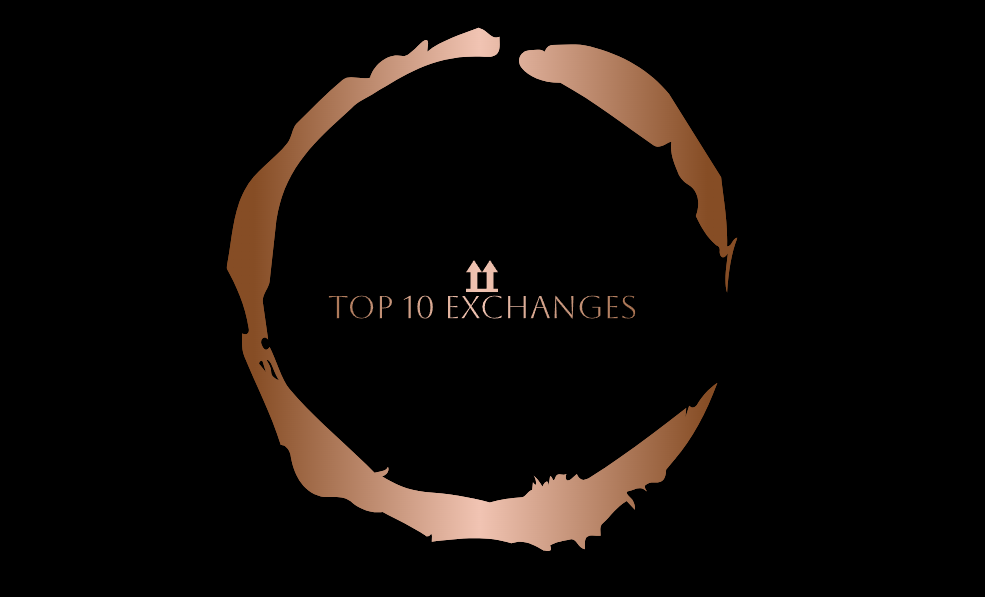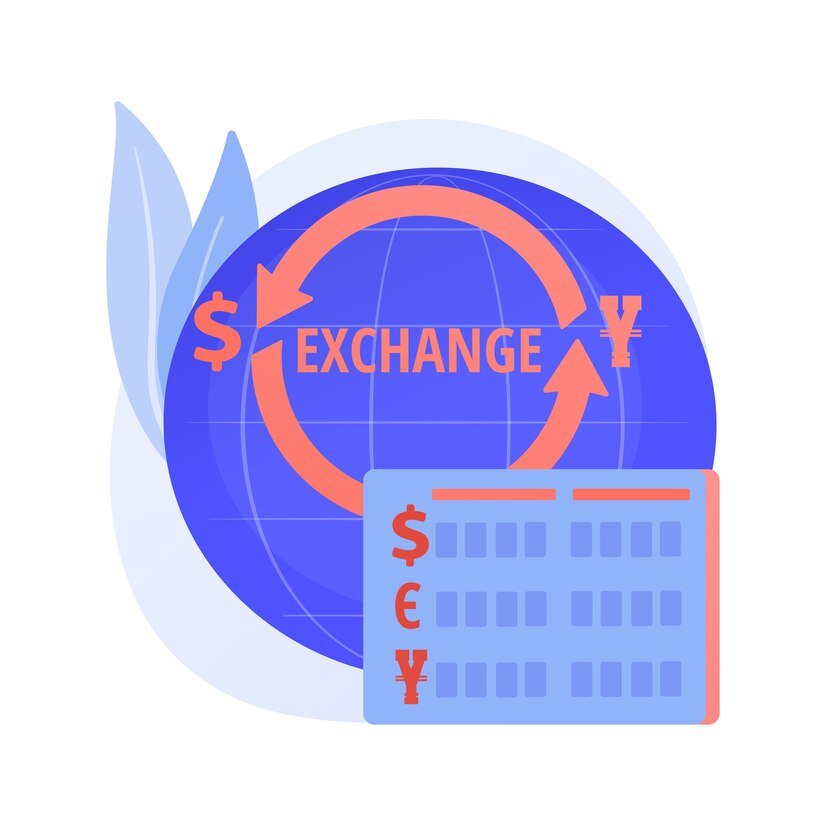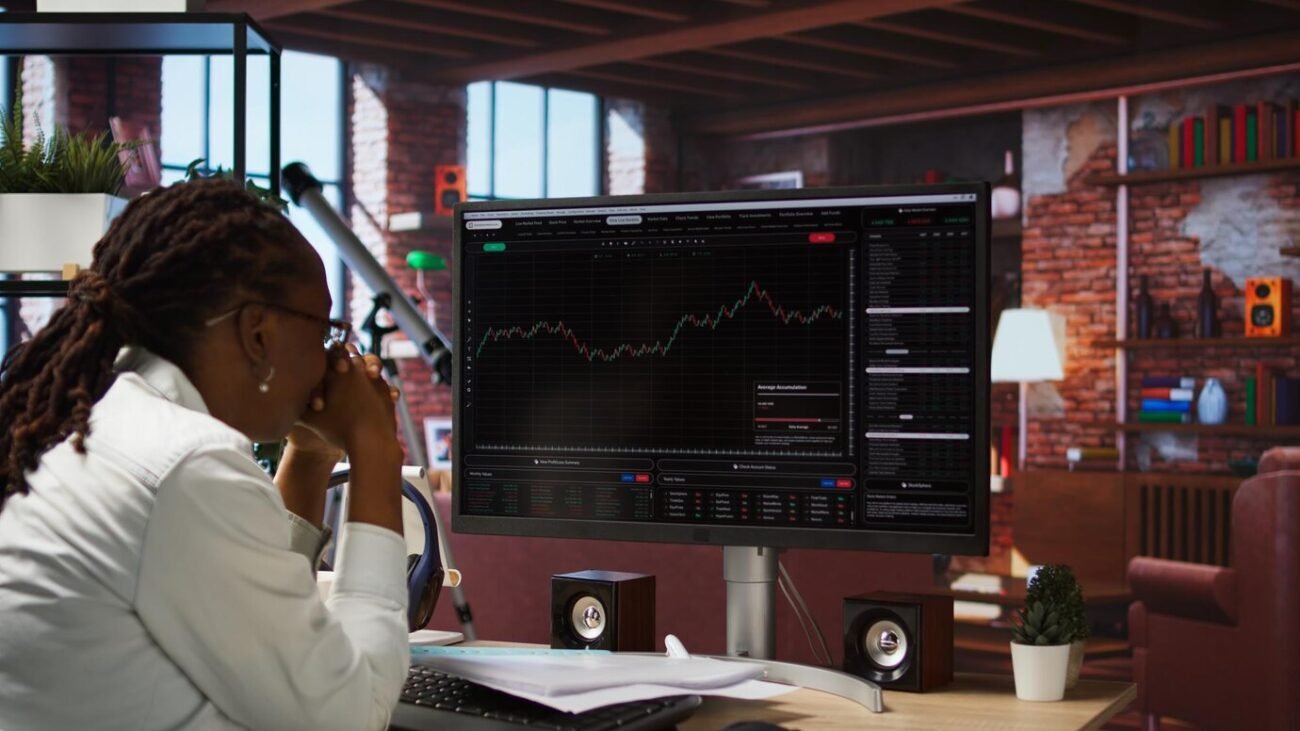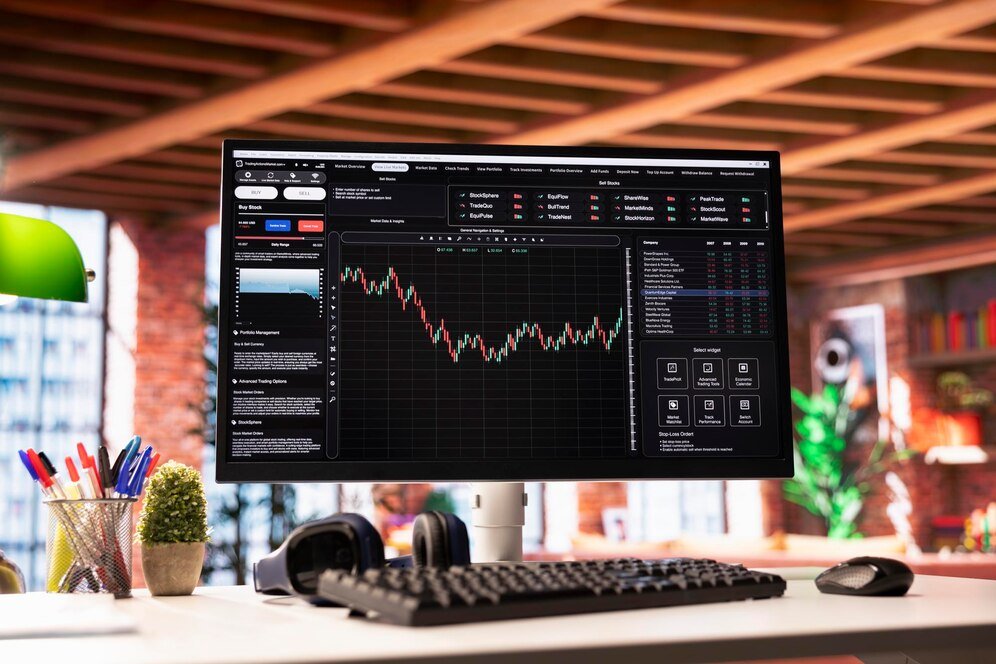As cryptocurrency continues to evolve and attract millions of users globally, one of the most critical decisions any trader or investor faces is choosing where to trade. The two primary types of exchanges are decentralized exchanges (DEXs) and centralized exchanges (CEXs). Each has its own unique set of advantages, disadvantages, and user experiences.
In this blog, we’ll explore the differences between decentralized and centralized exchanges, and help you determine which one is the best fit for your needs as a trader or investor.
What Are Centralized Exchanges (CEXs)?
A centralized exchange is a platform where a third-party entity manages the buying, selling, and trading of cryptocurrencies. Some of the most popular centralized exchanges include Binance, Coinbase, Kraken, and Gemini. These exchanges typically provide a user-friendly interface and a range of services such as fiat-to-crypto trading, margin trading, staking, and even lending services.
How CEXs Work:
In a CEX, you deposit your funds into the exchange’s wallet, and the exchange manages your assets. Trades are executed through the platform, and the exchange serves as an intermediary between buyers and sellers. Centralized exchanges act as custodians, meaning they control your private keys (i.e., the access to your funds), so you rely on their security and integrity.
What Are Decentralized Exchanges (DEXs)?
A decentralized exchange operates on blockchain technology without any centralized authority. In a DEX, users trade directly with one another through an automated process, usually via smart contracts, which are self-executing contracts with the terms of the agreement directly written into code. Popular decentralized exchanges include Uniswap, SushiSwap, and PancakeSwap.
How DEXs Work:
On a DEX, users retain control of their private keys and funds at all times. The exchange itself does not hold your assets or personal information. Instead, trades occur directly between users’ wallets, and the platform facilitates matching orders using algorithms. Liquidity is often provided by other users in the form of liquidity pools, where traders can earn fees for supplying liquidity to the market.
Centralized Exchanges (CEXs): Pros and Cons
Pros of Centralized Exchanges:
- User-Friendly Interface:
- Centralized exchanges are designed to be intuitive and accessible to beginners. They typically offer easy-to-use interfaces with a wide range of features, such as charts, order books, and customer support.
- High Liquidity:
- CEXs generally have higher liquidity due to their centralized nature, meaning you can execute large trades quickly with minimal price slippage. This is particularly beneficial for high-volume traders.
- Advanced Trading Features:
- Many centralized exchanges offer advanced tools for professional traders, such as margin trading, futures contracts, and options. They also offer staking, lending, and other financial services.
- Faster Transactions:
- Centralized exchanges can process trades much faster than decentralized ones because they don’t rely on blockchain confirmations and smart contracts, resulting in quicker transactions and lower fees for certain types of orders.
- Customer Support:
- Since CEXs have a central authority, they often provide customer service to help resolve issues, such as lost funds, hacked accounts, or transaction problems.
Cons of Centralized Exchanges:
- Centralized Control:
- The biggest downside of centralized exchanges is that they control your private keys and funds. This means that if the exchange is hacked or goes down, you risk losing access to your assets.
- Security Risks:
- Centralized exchanges are frequent targets for cyberattacks because they store vast amounts of user funds in one central location. High-profile exchange hacks, such as the Mt. Gox incident, have resulted in the loss of millions of dollars worth of cryptocurrencies.
- Regulatory Concerns:
- CEXs must comply with local regulations and laws, which could include know-your-customer (KYC) and anti-money laundering (AML) requirements. This can compromise privacy and be a turn-off for users who prefer anonymity.
- Risk of Censorship:
- Since centralized exchanges are run by a single entity, they can block or censor accounts or transactions, depending on their own policies or regulatory demands.
Decentralized Exchanges (DEXs): Pros and Cons
Pros of Decentralized Exchanges:
- Full Control Over Funds:
- The most significant advantage of DEXs is that users retain full control over their private keys and funds. Since you’re not relying on a central authority, you don’t have to worry about the exchange being hacked or your funds being locked up.
- Anonymity and Privacy:
- DEXs typically don’t require KYC procedures, meaning users can trade without revealing their identity. This makes DEXs an attractive option for those who value privacy and anonymity in their financial transactions.
- Decentralization and Transparency:
- Decentralized exchanges operate without a central authority, making them more resilient to censorship. Trades are executed through smart contracts, which are transparent and auditable by anyone on the blockchain.
- Lower Risk of Hacks:
- DEXs don’t store user funds in a central wallet, reducing the risk of a large-scale hack. Since transactions occur directly between users’ wallets, there’s no central point of failure.
- Global Accessibility:
- Anyone with an internet connection can access a DEX, and they’re typically not subject to the same regulatory barriers as centralized exchanges. This makes them more accessible to users in regions with restricted access to traditional financial services.
Cons of Decentralized Exchanges:
- Lower Liquidity:
- Liquidity on DEXs can be lower compared to centralized exchanges. This can lead to higher slippage when executing large trades, as fewer orders are available to match yours. However, liquidity is improving on popular DEXs like Uniswap and PancakeSwap.
- User Experience:
- DEXs are often not as user-friendly as centralized exchanges. The interface can be more complex, especially for beginners. You need to interact with decentralized wallets (e.g., MetaMask) and manually approve transactions, which can be confusing for new users.
- Slower Transactions and Higher Fees:
- Since DEXs rely on blockchain technology and smart contracts, transaction speeds can be slower, and fees can be higher, especially during periods of network congestion (e.g., on Ethereum). Gas fees can become expensive, particularly on networks like Ethereum.
- Limited Customer Support:
- Since DEXs don’t have a central authority, they typically don’t provide direct customer support. If you encounter issues such as lost funds or failed transactions, you’re often on your own, and it can be difficult to resolve problems.
Which One is Right for You?
The decision between a centralized and decentralized exchange depends on your priorities as a trader or investor. Here are some factors to consider:
Choose a Centralized Exchange (CEX) if:
- You are new to cryptocurrency trading and prefer a simple, user-friendly interface.
- You require high liquidity for executing large trades with minimal slippage.
- You want advanced trading features such as margin trading, futures, and staking.
- You are willing to trust a third-party with the security of your funds in exchange for convenience and access to customer support.
- You are okay with KYC and regulatory requirements in exchange for easier fiat-to-crypto on-ramps.
Choose a Decentralized Exchange (DEX) if:
- You prioritize privacy and want to avoid KYC procedures.
- You want full control over your funds and prefer not to trust a central authority.
- You’re an advanced user comfortable with connecting a decentralized wallet and managing smart contract interactions.
- You want to trade on a decentralized platform that operates with greater transparency and is resistant to censorship.
- You don’t mind paying higher fees during peak network times for the added security and autonomy that comes with using a DEX.
Conclusion
Both centralized exchanges (CEXs) and decentralized exchanges (DEXs) have their own strengths and weaknesses, and the right choice depends on your specific needs and preferences. If you value ease of use, liquidity, and access to advanced features, a CEX might be the best option. However, if you prioritize privacy, control over your assets, and decentralization, then a DEX might be the way to go.
Ultimately, many traders use both types of exchanges depending on the situation—centralized exchanges for trading and quick access to fiat, and decentralized exchanges for greater privacy and control over their funds. The cryptocurrency landscape is evolving rapidly, and understanding the differences between these platforms will help you make informed decisions about where and how to trade.













